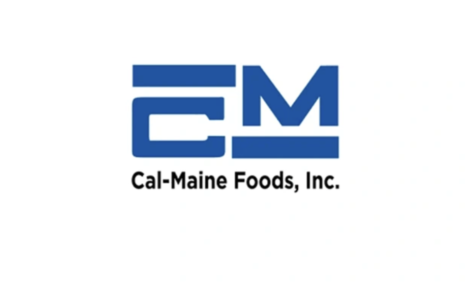



China Ratchets up Pressure in US Trade Dispute
US - China is expected to ban imports of US chicken in coming days, a move likely to deliver a blow to the struggling American chicken industry and escalate trade tensions between the two nations.James H. Sumner, president of the Georgia-based USA Poultry &Egg Export Council (USAPEEC), said he learned on 30 June from "several importers" in China that the US would not receive any import permits from the country's ministry of commerce starting 1 July.
Wall Street Journal reports Mr Sumner saying he has informed the US Embassy in Beijing and that it is looking into the matter. There has been no official confirmation from the Chinese government. Representatives for the US trade representative, the US Agriculture Department and the Chinese Embassy in Washington declined to comment.
Mr Sumner says the potential ban appears to be tied to a provision in the most recent US spending bill that prohibits the USDA from allowing Chinese chicken plants to send poultry products to the US lawmakers' question whether China's chicken processing plants meet US standards.
A ban on US chicken would be the latest example of food safety and trade colliding. In recent months, the US has been under pressure from lawmakers and trade groups to crack down on goods coming from China. China has responded with allegations of US protectionism.
The potential ban could be a big blow to the US chicken industry, which has been struggling with high grain prices and a price-depressing oversupply of chicken. Exports had been a bright spot for the industry, and last year China surpassed Russia as the largest destination for US chicken, according to USAPEEC.
"We have gone to great lengths over the past few years to explain to the Chinese that we are not behind this effort and that in fact we are opposed to any restrictive language," Mr Sumner told Wall Street Journal. "We think the decision should be based on sound science but apparently we have not convinced everyone because now we are falling victim to their actions."
US chicken exporters will lose about $370 million over the next six months if China doesn't resume imports, Mr. Sumner said.
A spokesman for Tyson Foods Inc., a big exporter to China, said the company has "heard rumours" of a Chinese ban, but "We have not received formal confirmation".
Food safety advocates are holding their ground. China's potential ban on US chicken is "unfortunate," says Tony Corbo, legislative representative at Food and Water Watch, a non-profit consumer group based in Washington. "This is really about public health," he added.
Chinese chicken has been a longstanding issue between the US and Beijing. In April 2006, the USDA issued a rule that allowed China to export cooked poultry products to the US as long as the raw poultry meat originated in the US or Canada.
The rule caused an uproar among US food safety advocates and in 2007, lawmakers inserted a provision in the 2008 fiscal year spending bill that prohibited the USDA from allowing chicken processed in China to be imported. The same prohibition was included in the spending bill in the next two fiscal years.
Trade tension between China and the US heightened earlier this week when the US International Trade Commission recommended imposing punitive duties of as much as 55 per cent on low-cost Chinese tyre imports because they are disrupting the US market, in a move that could sharply increase costs for consumers. GITI Tire, China's largest tyre manufacturer, has called the move "decidedly protectionist" and said it would take its case to President Barack Obama.
Last week, the House approved legislation to curb US greenhouse gas emissions that includes a provision to impose tariffs on goods from countries that do not match US efforts to combat climate change. The provision is widely seen as directed at China and other developing countries that have refused to commit to cutting their emissions. In an interview with The Wall Street Journal and other news organisations last weekend, Mr Obama expressed concern that such a provision would send "protectionist signals".
Further Reading
| - | Go to our previous news item on this story by clicking here. |









